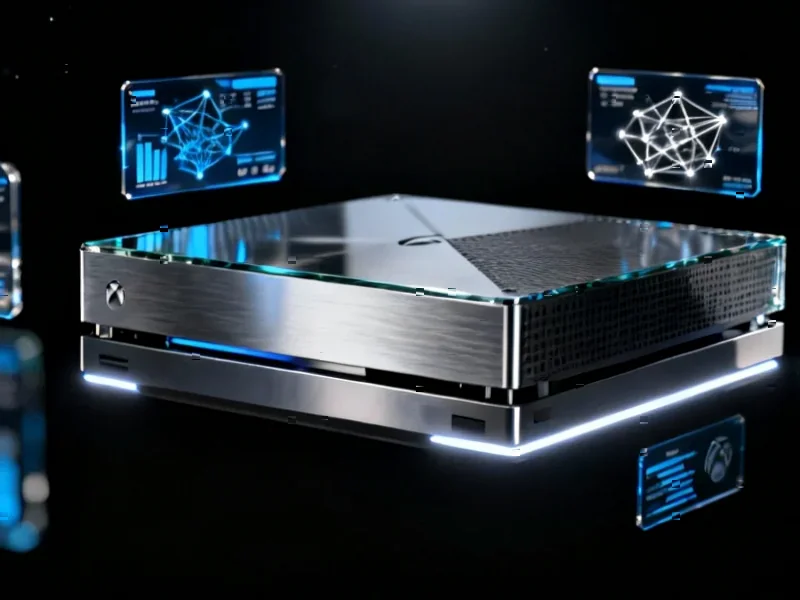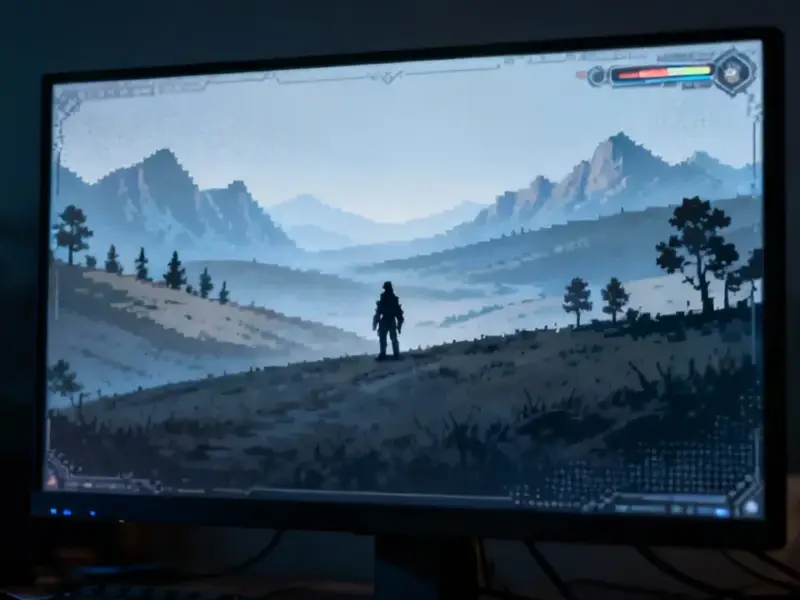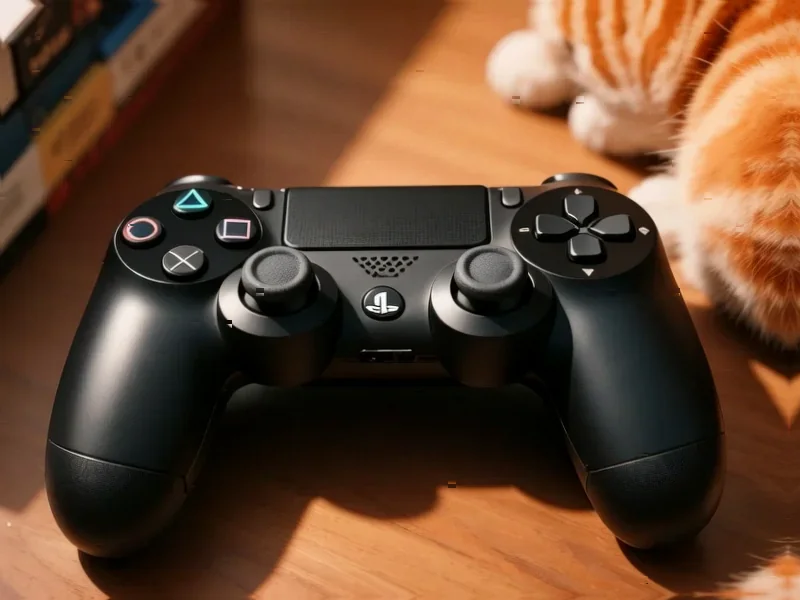According to Eurogamer.net, the Nintendo Switch has reached 154.01 million sales and needs just 10,000 more units to surpass Nintendo DS’s 154.02 million, making it Nintendo’s best-selling console ever. The Switch is now positioned to potentially dethrone PlayStation 2’s “more than 160 million” sales record within a year or two, which would make it the best-selling games machine of any company in history. This comes as Microsoft has largely abandoned the console battle with Sony, publishing Xbox games across platforms while being vague about future hardware. Sony, despite PlayStation 5 outpacing PS4 sales, appears to be developing a handheld device amid industry-wide uncertainty. Nintendo’s success marks an extraordinary turnaround from the Wii U era, when executives took pay cuts during the company’s worst-performing console generation.
The console industry’s identity crisis
Here’s the thing about the current console generation – it feels like it never really started. We’re more than halfway through what should be the peak years, and instead of the usual predictable cycle, we’re seeing Microsoft basically throw in the towel on competing directly with Sony. They’re putting games everywhere now, which would have been heresy just a decade ago. And Sony? They’re doing well with PS5 sales, but they’re also reportedly working on a handheld, which feels like a reaction to something.
Meanwhile, production costs keep climbing, consoles are getting more expensive after launch for the first time ever, and phones have become the real entry-level gaming devices. It’s like the traditional console model is collapsing under its own weight. But while everyone’s been having this existential crisis, Nintendo’s been over here quietly printing money with a concept they perfected eight years ago.
Nintendo’s quiet revolution
Remember when people mocked the Wii? Called it a toy? Laughed at the motion controls? Nintendo’s been playing a different game this whole time. While Sony and Microsoft were in an arms race over teraflops and 4K resolution, Nintendo focused on what actually matters to most people – fun and flexibility.
The Switch’s success isn’t just about numbers – it’s about proving that innovation beats raw power. Think about it: the Wii U was Nintendo’s worst-performing console ever, and just a few years later they’re about to break the all-time sales record. That’s one of the most remarkable turnarounds in gaming history. They looked at their failure and doubled down on being different rather than trying to compete directly.
And the proof is in the imitators. The Steam Deck, the ROG Ally, even Sony’s rumored handheld – they’re all variations on the hybrid concept Nintendo perfected. Nobody’s publicly giving Nintendo credit, but their actions speak volumes.
What this means for gamers
For developers, Nintendo’s success creates this interesting dichotomy. On one hand, you have the traditional console market shrinking into a core audience that demands increasingly expensive, cinematic experiences. On the other, you have Switch’s massive install base that rewards creativity and gameplay innovation over graphical fidelity.
And for players? We’re seeing the market fragment in fascinating ways. The days of three nearly-identical boxes under your TV might be ending. Instead, we’re getting specialized devices for different types of gaming experiences. Microsoft seems to be heading toward a PC-like future, Sony’s sticking with traditional consoles but exploring handhelds, and Nintendo’s just… being Nintendo.
The real question is whether this fragmentation is good for gaming. More choice sounds great, but does it mean we’ll see fewer massive, system-selling exclusives? Will development costs force publishers to prioritize multiplatform releases over platform-specific innovation?
The future is hybrid
Looking at the Nintendo sales data and comparing it to Sony’s figures, one thing becomes clear: the hybrid model isn’t just a niche anymore. It’s the future. The Switch 2 is apparently selling at a record-breaking pace, suggesting Nintendo’s formula has legs beyond a single generation.
Meanwhile, Sony and Microsoft are stuck between chasing Nintendo’s success with their own hybrid attempts while maintaining their traditional console businesses. It’s an awkward dance, and you can see the tension in their strategies.
Basically, while everyone was arguing about which console was more powerful, Nintendo redefined what a console could be. And now they’re about to be crowned the sales champion of all time. There’s a lesson in there somewhere about playing to your strengths rather than trying to win someone else’s game.




